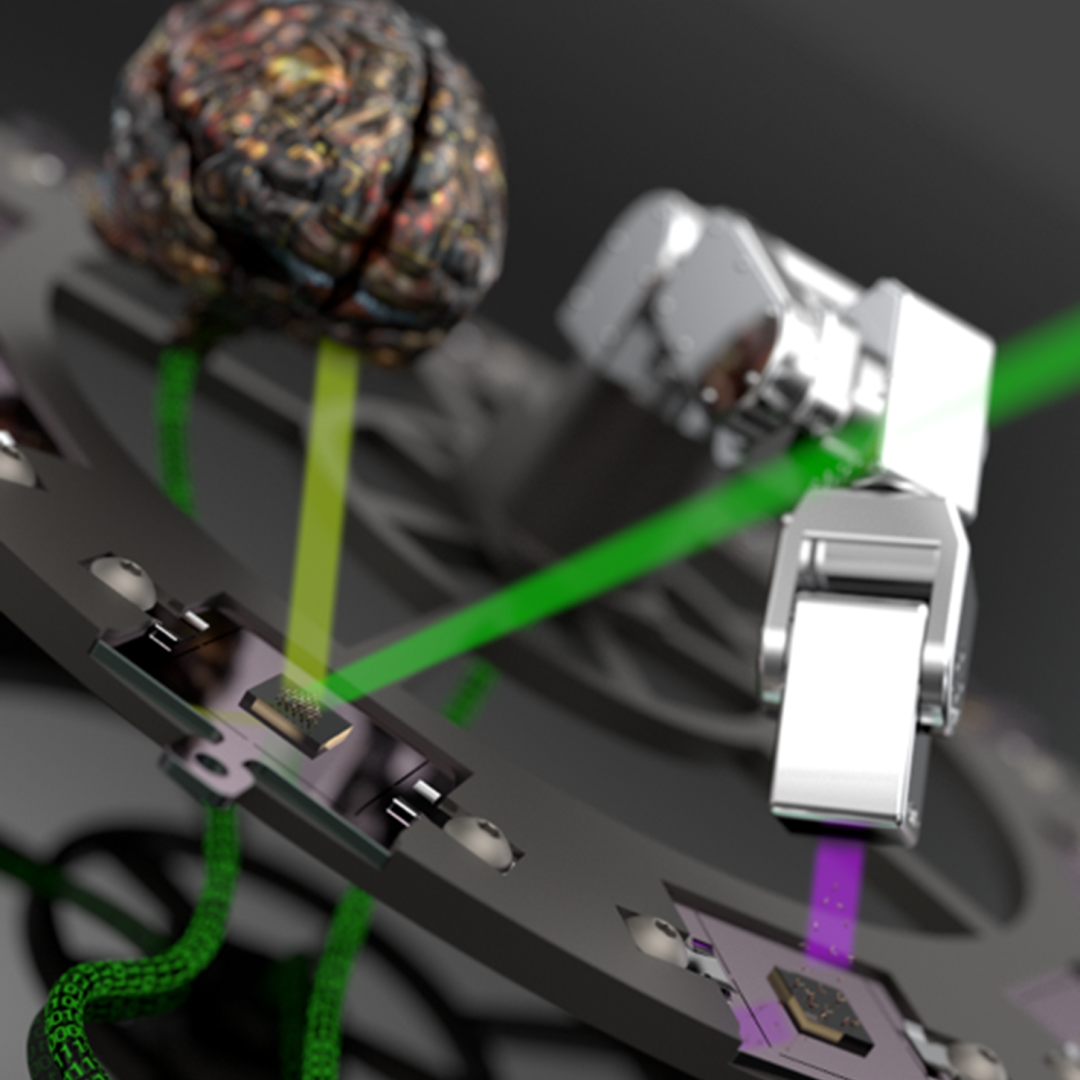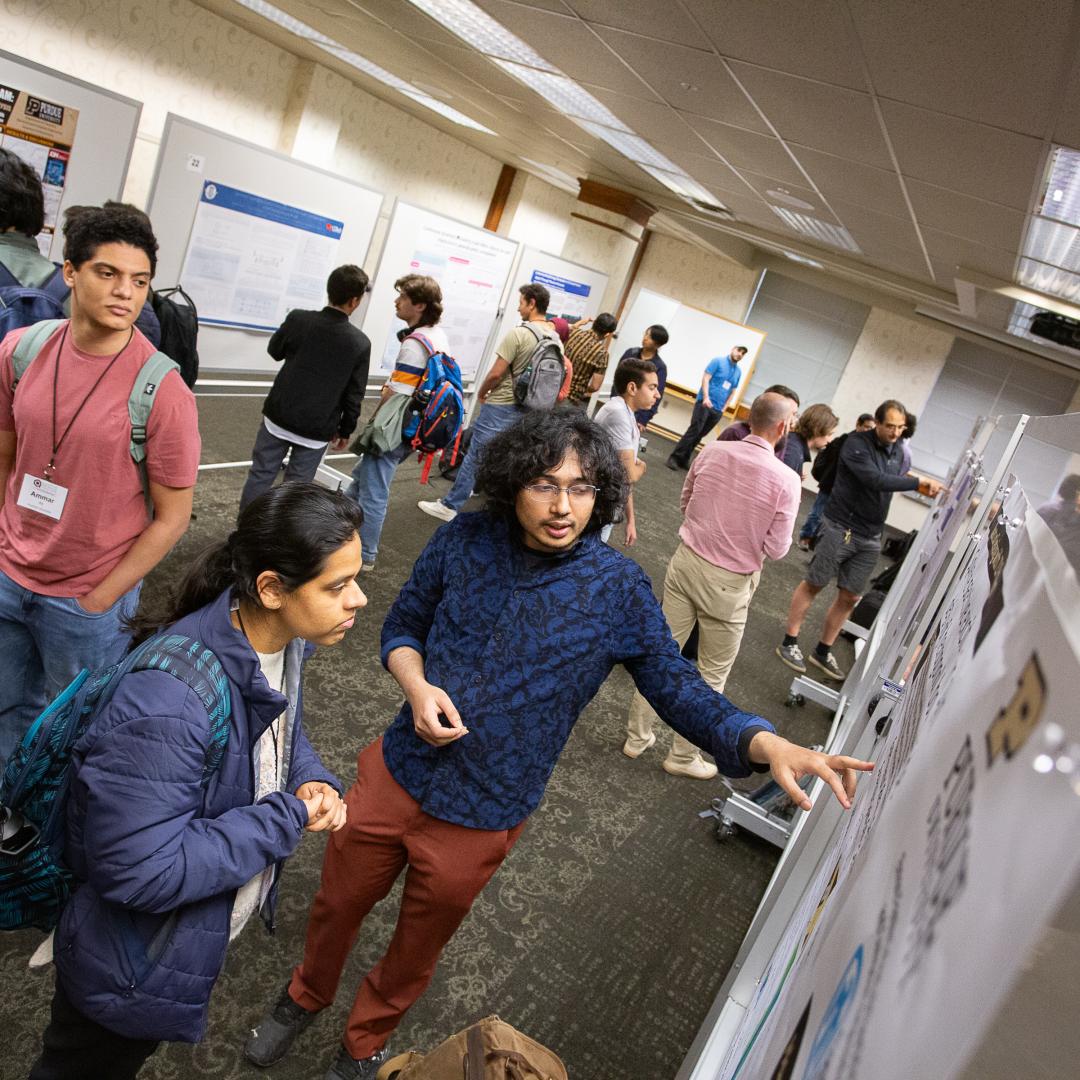Filter News
Area of Research
News Type
News Topics
- (-) Coronavirus (15)
- (-) Fusion (17)
- (-) Security (4)
- 3-D Printing/Advanced Manufacturing (49)
- Advanced Reactors (18)
- Artificial Intelligence (21)
- Big Data (18)
- Bioenergy (21)
- Biology (24)
- Biomedical (15)
- Biotechnology (3)
- Buildings (24)
- Chemical Sciences (21)
- Clean Water (13)
- Climate Change (28)
- Composites (13)
- Computer Science (55)
- Critical Materials (13)
- Cybersecurity (9)
- Decarbonization (12)
- Energy Storage (47)
- Environment (58)
- Exascale Computing (4)
- Frontier (4)
- Grid (23)
- High-Performance Computing (23)
- Hydropower (6)
- Irradiation (3)
- Isotopes (13)
- ITER (4)
- Machine Learning (12)
- Materials (68)
- Materials Science (53)
- Mathematics (1)
- Mercury (3)
- Microscopy (20)
- Molten Salt (6)
- Nanotechnology (24)
- National Security (10)
- Net Zero (2)
- Neutron Science (41)
- Nuclear Energy (34)
- Partnerships (6)
- Physics (10)
- Polymers (14)
- Quantum Computing (6)
- Quantum Science (14)
- Simulation (11)
- Software (1)
- Space Exploration (11)
- Statistics (1)
- Summit (8)
- Sustainable Energy (53)
- Transformational Challenge Reactor (1)
- Transportation (46)
Media Contacts
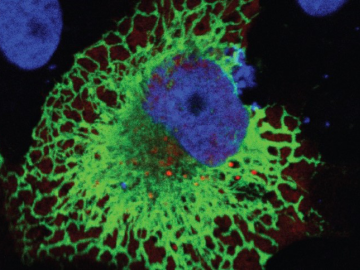
Oak Ridge National Laboratory scientists exploring bioenergy plant genetics have made a surprising discovery: a protein domain that could lead to new COVID-19 treatments.

A partnership of ORNL, the Tennessee Department of Economic and Community Development, the Community Reuse Organization of East Tennessee and TVA that aims to attract nuclear energy-related firms to Oak Ridge has been recognized with a state and local economic development award from the Federal Laboratory Consortium.

Three researchers at ORNL have been named ORNL Corporate Fellows in recognition of significant career accomplishments and continued leadership in their scientific fields.
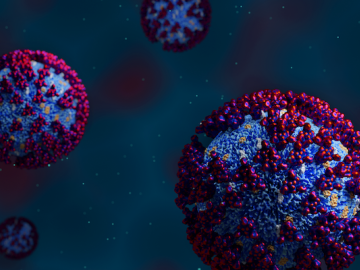
Researchers from ORNL, the University of Tennessee at Chattanooga and Tuskegee University used mathematics to predict which areas of the SARS-CoV-2 spike protein are most likely to mutate.
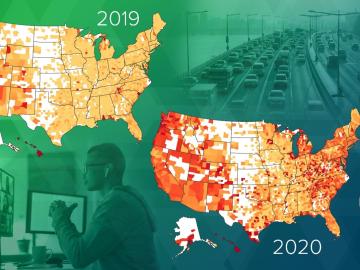
Researchers at Oak Ridge National Laboratory have empirically quantified the shifts in routine daytime activities, such as getting a morning coffee or takeaway dinner, following safer at home orders during the early days of the COVID-19 pandemic.
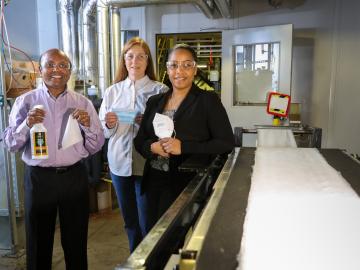
Oak Ridge National Laboratory researchers collaborated with Iowa State University and RJ Lee Group to demonstrate a safe and effective antiviral coating for N95 masks. The coating destroys the COVID-19-causing coronavirus and could enable reuse of masks made from various fabrics.

More than 50 current employees and recent retirees from ORNL received Department of Energy Secretary’s Honor Awards from Secretary Jennifer Granholm in January as part of project teams spanning the national laboratory system. The annual awards recognized 21 teams and three individuals for service and contributions to DOE’s mission and to the benefit of the nation.
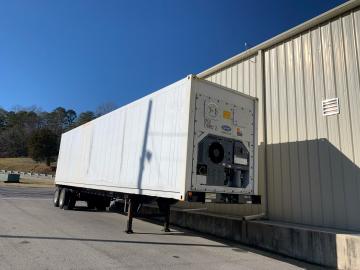
Oak Ridge National Laboratory researchers have retrofitted a commercial refrigeration container designed to ensure COVID-19 vaccines remain at ultra-low temperatures during long transport and while locally stored.
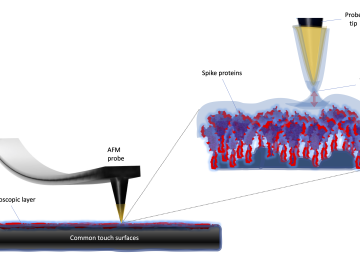
A study by Department of Energy researchers detailed a potential method to detect the novel coronavirus
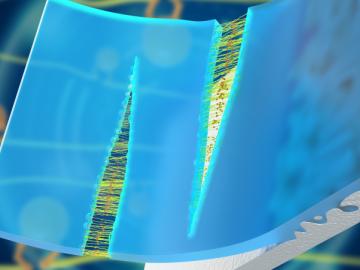
Research teams from the Department of Energy’s Oak Ridge National Laboratory and their technologies have received seven 2021 R&D 100 Awards, plus special recognition for a COVID-19-related project.


